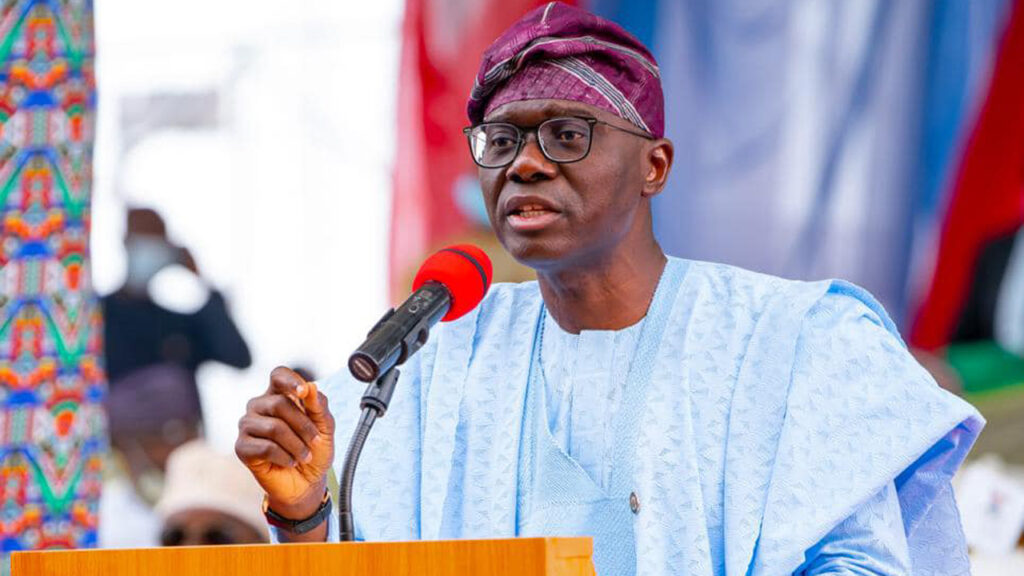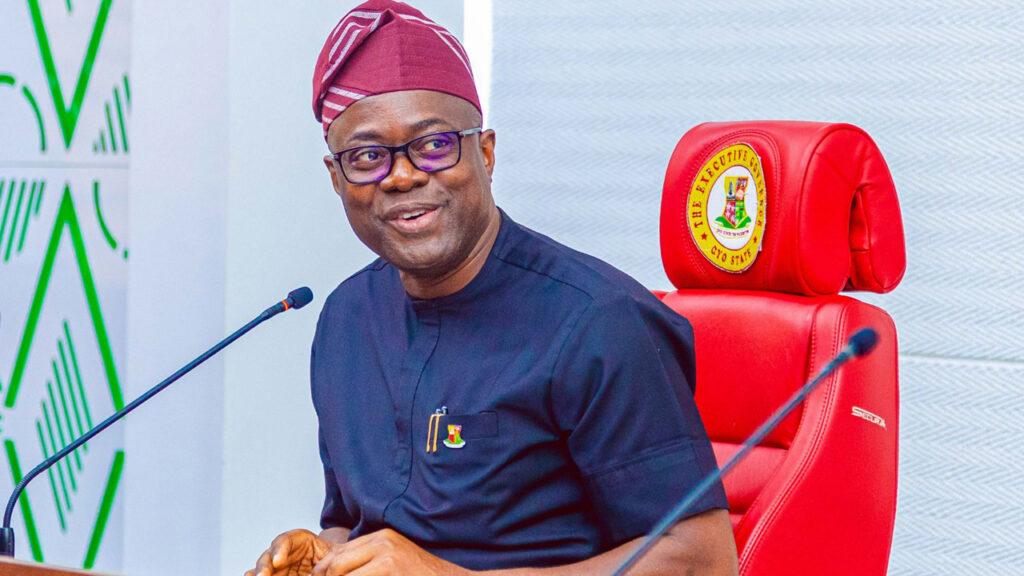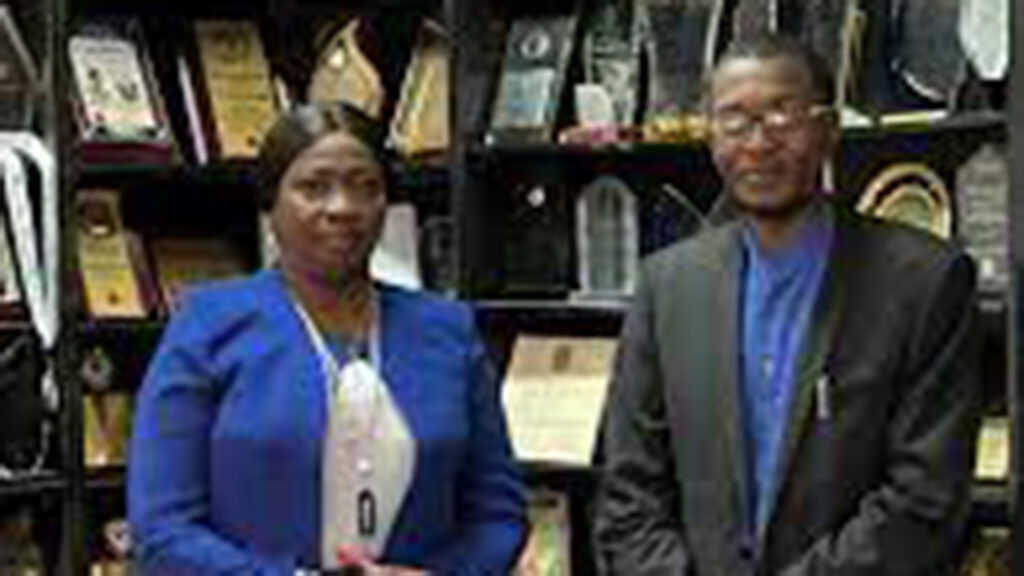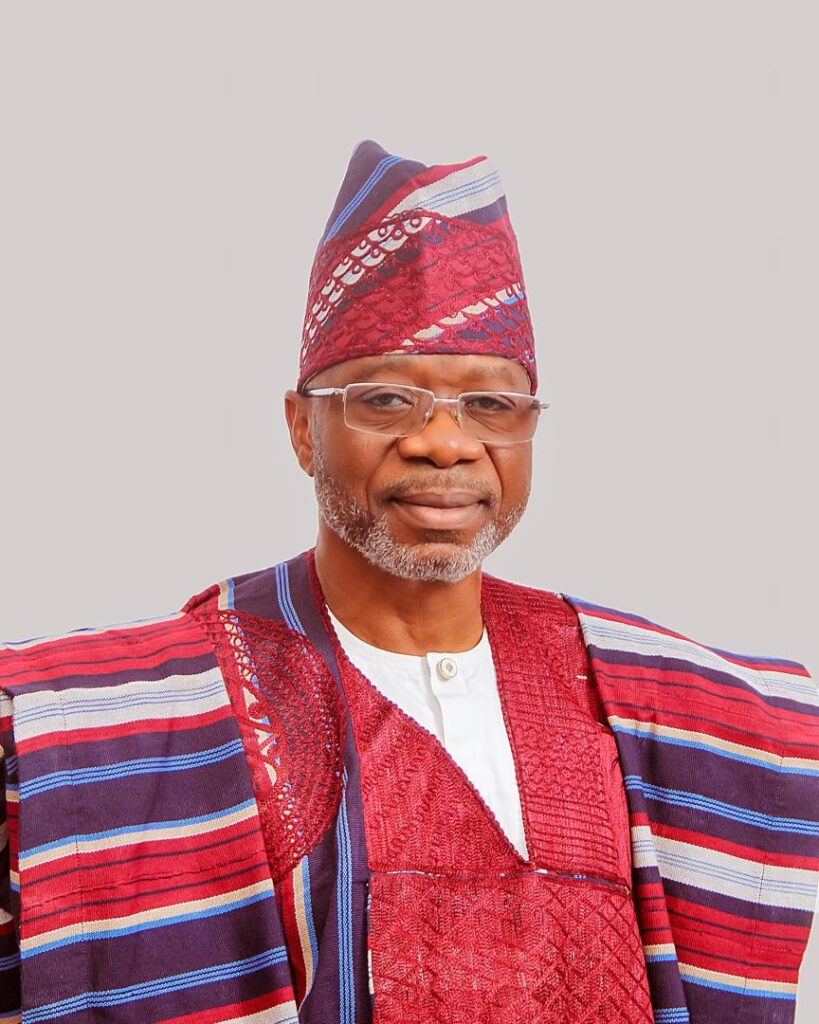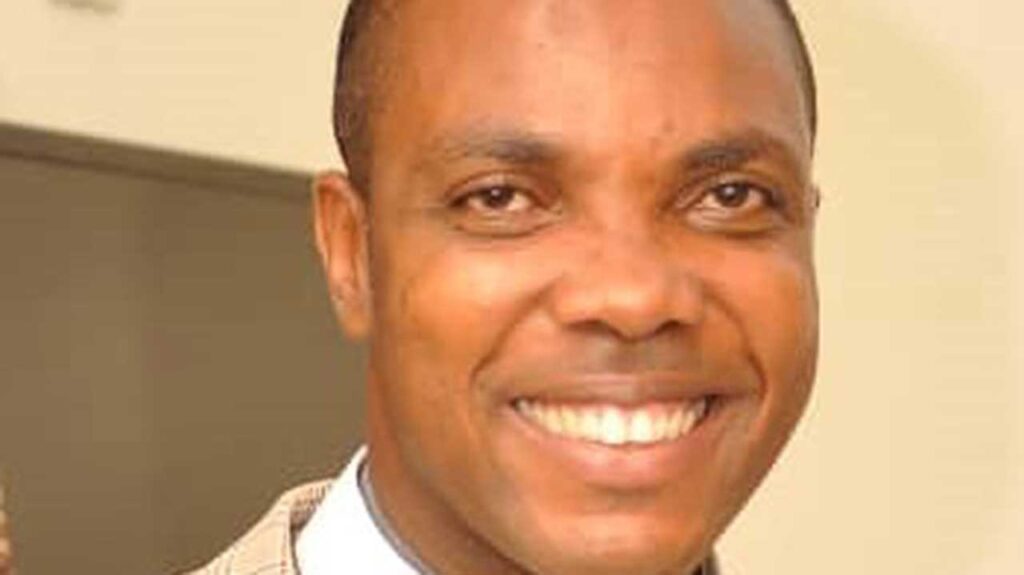PERMIT me to preface this piece which signals a countdown on my role model and intellectual heroes’ series, as it crystallises into a manuscript for publication. In planning out this series, I had totally excluded politicians in any colour, sacrificing thereby, a number of mentors in deference to the compelling demand of calling. In the evolving narrative to situate the contributions of selected role models and those which we regard as heroes of the Nigerian Project however, I have been fighting hard to bridge a lacuna: the domineering political flavour of the Nigeria’s story especially with respect to the core message the forthcoming publication. I saw that the narrative will have a gap if the contributions of at least a representative few of those who have shaped the political landscape in Nigeria is totally excluded. I have therefore chosen the founding fathers leaving others to feature in further editions which presumably I could explore the latitude of retirement, God willing, to explore.
If I were therefore asked to capture the Zik-Awolowo-Bello national legacy with an appropriate summation, I will choose Harry Truman’s assessment. According to him, ‘Men make history and not the other way around. In periods where there is no leadership, society stands still. Progress occurs when courageous, skilful leaders seize the opportunity to change things for the better.’ Put in other words, the truest possibility of a nation’s latent greatness, together with the urgent task of making it happen, requires the bold discernment and passionate dedication of men whose political insights and selfless leadership would eventually enable the foundations of the nation’s history.
If I were therefore asked to capture the Zik-Awolowo-Bello national legacy with an appropriate summation, I will choose Harry Truman’s assessment. According to him, ‘Men make history and not the other way around. In periods where there is no leadership, society stands still. Progress occurs when courageous, skilful leaders seize the opportunity to change things for the better.’ Put in other words, the truest possibility of a nation’s latent greatness, together with the urgent task of making it happen, requires the bold discernment and passionate dedication of men whose political insights and selfless leadership would eventually enable the foundations of the nation’s history. Ghana had a Kwame Nkrumah who stoked the embers of nationalism in the then Gold Coast; Julius Nyerere called Tanzania to a significant date with socio-economic and political destiny, while the moral rectitude and selfless leadership of South Africa’s Nelson Mandela were enough to ensure a post-Apartheid future for South Africa. Thomas Carlyle once said that the history of the world is nothing but the history of great men. In the case of Nigeria, the history of the exploits of Dr Nnamdi Azikiwe, Chief Obafemi Awolowo and Sir Ahmadu Bello is tied inextricably with the story of how Nigeria grappled successfully with its colonial and postcolonial issues.
Given the long years of colonial domination that resulted in cultural dislocation, economic underdevelopment and political listlessness, independence in 1960 was just merely an emotional and euphoric moment for many who had discernment. It was just a moment when the Union Jack was replaced by the green-white-green colours of the new Nigeria. Beyond this, there was serious work to be done; Nigeria needed to be placed on a solid national footing that would undermine the calculated booby-traps of the colonialists. There was an urgent need for courageous and groundbreaking avatars with a national blueprint and visionary leadership that commanded confidence and trust. It is enough to celebrate these political triads for daring to step forward into the volatile combustion that was Nigeria’s postcolonial realities. This triumvirate have had the whole weight of historical appraisal offloaded on their actions and inactions; they have been variously vilified, praised and criticised. Yet no one can dare deny their significance in Nigeria’s national evolution. They brought the full weight of ideas, conviction, utopian vision and philosophic reflection to bear on the challenges that were too daunting for mere mortals to understand. These three were humans, caught also in the throes of human frailty. But they were not mean men!
At several critical points, the three had to confront one another about the conflicting details of their vision for Nigeria. We owe the delicate but fiery rivalry generated by the regional arrangement to the deep and competitive spirit that these men brought to the political landscape of the First Republic. Azikiwe, Awolowo and Bello were a study in political opposition that battled for the realisation of what could possibly be. We eventually went to war in 1967, but not before these great men had laid the foundation for regional infrastructural masterpieces, constitutional foundation for the nascent nation and educational projections that will tide the nation beyond the difficulties of postcolonial social reconstruction.
Known as the ‘Zik of Africa,’ Dr Nnamdi Azikiwe was a particularly dominant figure in modern African nationalist movement. The insights from the nationalists struggle on the continent also animated his passion for a Nigerian society founded on equity and justice. His philosophical and political writings, as well as his West African Pilot, a media facility for the independence agenda, were therefore mobilised long before political freedom to undergird the quest for political autonomy in Nigeria and, the African Renaissance. We have in Zik therefore a representation of the unwavering spirit of a crusader for independence and self-rule. There was no way anyone could justify colonial hegemony to the critical and democratic mind of Nnamdi Azikiwe. Independence and democracy were essentially about the freedom a people have to rule themselves.
One other person that could match Zik’s intellectual acumen was Chief Obafemi Awolowo. With a degree in Law as part of his anticolonial educational arsenal, Awolowo was properly prepared not only to do battle with the colonialists, but more importantly, he was concerned with a constitutional and ideological framework by which Nigeria could properly commence its nationhood. Together with eminent leaders like Anthony Enahoro, Awolowo favoured a rapid move toward self-government and the Africanization of administrative posts in Nigeria. His belief in a federal structure for the country’s diverse populations constituted a deep and sagacious insight into the diverse political and cultural structure of the new Nigerian state. Even his revered status as the leader of the Yoruba is consistent with his view on federalism as well as his advocacy of the rights of minority groups to control their resources and their destiny. What is today known as the Awolowo-Adebo model of public service is a testament to the sagacious administrative dynamics that a good leader could bring to the governance of a state. Under his guidance, the Southwest became a vortex of developmental ideas and initiatives. I am certainly, like many others, a beneficiary of the educational foresight of Awolowo.
Sir Ahmadu Bello complemented the assiduous energy of Azikiwe and Awolowo with a unique personality and charisma. Being the Sardauna of Sokoto, his influence as an important bridge between traditional leadership ethos and the demands of national leadership is a major reference point in the political history of Nigeria. Nobody can beat the political modesty of Ahmadu Bello or the genuineness of his single-minded focus on the challenges that faced the North vis-à-vis the other regions in Nigeria. The bleak status of the North in terms of education and modernisation confronted the strength of purpose of the Sardauna who fused the entire North and its limitations into a formidable region. His stature as a regionalist, like the others, is often invoked to the detriment of a mature understanding of his view of federalist credentials. It is reported that there was a meeting between him and Azikiwe. When they met, Azikiwe said, ‘Let us forget our differences.’ The Sardauna replied, ‘No, let us understand our differences. I am a Muslim and a northerner. You are a Christian and an easterner. By understanding our differences, we can build unity in our country.’ Ahmadu Bello didn’t see any conflict in uniting the north around a developmental project and keeping the unity of Nigeria.
If Nigeria cannot learn from its heroes and avatars, then our nation building efforts are all doomed to repeating the mistakes of history. We had leaders who confronted the critical challenges of ensuring the continuity of Nigeria after the onslaught of colonialism. They played politics the way they knew how. They left legacies. What ought to be our reactions to these legacies? What can our collective efforts at democratisation and good governance learn from the past? Awolowo, Azikiwe and Bello are no longer with us, but they left thoughts and ideas and ideals that could orient our present and speak volumes to our future together as a people. Immortalising these political heroes ought to go beyond paying lips service to their memories; invoking their names as mere appendages to classroom instructions grossly underestimates their humongous contributions to the country. We have a lot to do to rethink the essence of their contributions to the elevation of the Nigerian state. It is only in this sense that these contributions can actually rub off on us and extend the greatness of a new Nigeria beyond rhetorical skirmishes about that possibility. We can only be sure these founding fathers have succeeded if we are able to push their ideas and ideals beyond the realms they thought possible.
Olaopa is Permanent Secretary, Federal Ministry of Communication Technology

